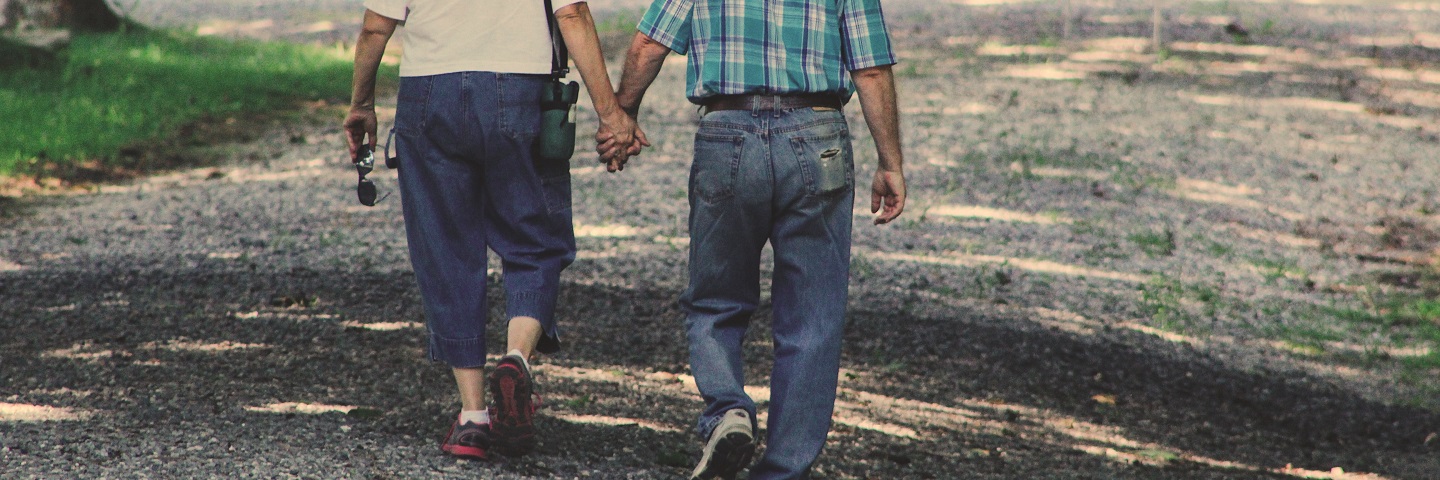6.8.2019
A new concept of home-based exergaming will use walking speed assessment to generate tailor-made interventions to improve health in older adults. VITAAL is the name of this new project, based on FhP-AICOS’ background knowledge in movement sciences and inclusive design.
Walking speed may seem like a basic measure, but it has been considered by specialists a reliable marker for overall health for those 65 and older. When an older person slows down, people take notice not only because it affects quality of life and autonomy, but also because it is a sign strongly associated with overall decline, cognitive impairment, increased risk of falls, and all-cause mortality.
Knowing that people who keep up their walking speed as they age are likely to outlive and have a better quality of life than those who slow down, FhP-AICOS is involved in a new project that will create a new concept of home-based exergaming to develop mobility as a means of preventing the so-called “geriatric giants” (immobility, instability, incontinence, and impaired intellect).
Researchers at FhP-AICOS will use walking speed as a simple geriatric assessment to identify the training needs of older adults, and rely on concepts of gaming to drive up engagement and maximize the results of the interventions.
This home-based solution will enable early detection of signs of decline through the analysis of gait, and will formulate tailored exercises to address these problems. The proposed solution will be designed for large screens and all exercises will be monitored using wearable motion sensors.
This project is coordinated by the Helvetic company Dividat AG, and it brings together FhP-AICOS, ETH Zürich, Université de Montreal, KU Leuven Research & Development, ProCare, and Physio SPArtos.
Developed on the basis of FhP-AICOS’ background knowledge in movement sciences and inclusive design, VITAAL is expected to have a real impact on the quality of life and independence of older people.
This project is funded by:

 Fraunhofer Center for Assistive Information and Communication Solutions – AICOS
Fraunhofer Center for Assistive Information and Communication Solutions – AICOS